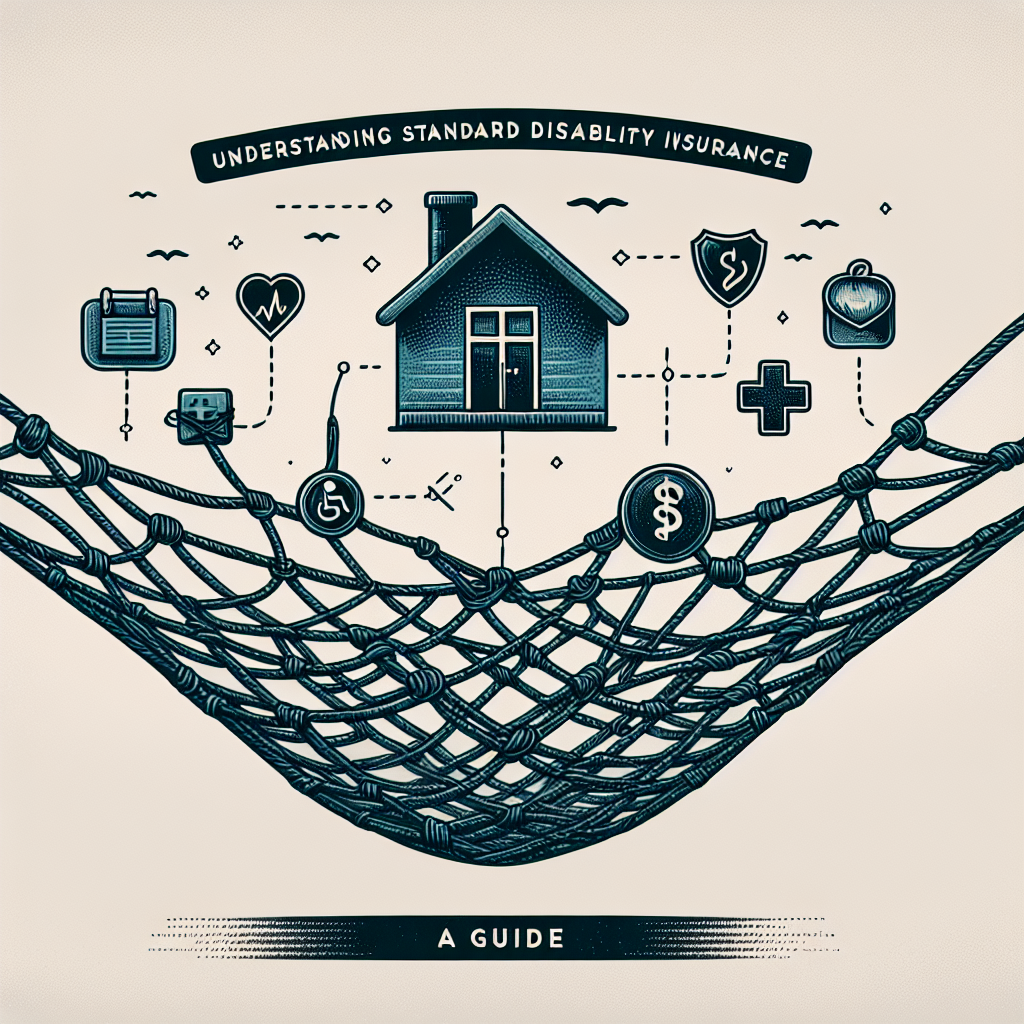Filed under Business Insurance on
Why Your Business Needs an Umbrella Insurance Policy

If you’re a business owner, you may see insurance as one of those necessary evils. Yet, the right coverage can be a lifeline in a crisis, especially when the unexpected strikes. Many businesses focus solely on their standard insurance policies—general liability, property, and workers' compensation—but there's another layer of protection that often gets overlooked: an umbrella insurance policy. An umbrella insurance policy can be the safety net your business relies on when the unforeseen happens.
Understanding Umbrella Insurance
Umbrella insurance is a type of extra liability coverage that goes beyond the limits of your other insurance policies. It can help protect your business from major claims and lawsuits, providing a higher ceiling of protection. Think of it as a financial umbrella, shielding your assets when the stormy weather of litigation and claims hits hard.
How Does Umbrella Insurance Work?
Let's say your business is involved in a lawsuit where the damages exceed the limits of your existing liability policies. This is where an umbrella insurance policy kicks in—it covers the excess amount you're responsible for, up to the limits of the umbrella policy itself.
For example, a general liability policy might cover up to $1 million in damages. If a lawsuit awards $1.5 million due to an accident that happened on your premises or because of a product you offer, your umbrella insurance will cover that additional $500,000, assuming you have an adequate policy limit.
Why Your Business Needs an Umbrella Insurance Policy
1. Enhanced Liability Protection
One of the primary reasons your business needs an umbrella insurance policy is enhanced liability protection. Accidents are unpredictable, and the litigation costs can escalate quickly. Organizations with higher risks, like those in construction or manufacturing, can particularly benefit from the added protection umbrella insurance provides, but even businesses perceived as low-risk can face large unexpected claims.
Consider this real-life scenario: A restaurant experienced a slip-and-fall incident resulting in a customer's injury. The customer sued for medical bills, lost wages, and emotional distress, totaling $1.2 million. While the restaurant's general liability insurance covered up to $1 million, without umbrella coverage, the restaurant would have had to pay the additional $200,000 out-of-pocket.
2. Protect Personal Assets
If you're a sole proprietor or a partner in a small business, your personal assets could be at risk in the event of a business-related lawsuit. An umbrella insurance policy helps to shield these assets from potential claims and judgments, ensuring that your personal finances remain intact even if your business faces a hefty lawsuit.
3. Cost-Effective Coverage
Many businesses wonder if the cost of an umbrella policy is justified. The truth is, umbrella insurance policies are surprisingly affordable considering the additional coverage they provide. The cost typically depends on the type of business, size, and industry, but it can be a cost-effective way to secure peace of mind without breaking the bank. For example, a small business could pay as little as a few hundred dollars annually for an extra million dollars in coverage.
4. Complements Existing Policies
Your business likely has core policies like general liability, auto liability, or employer's liability insurance. But no single policy can account for every risk, especially as claim costs rise with inflation and litigation becomes more common. Umbrella insurance complements these existing policies by covering gaps and exceeding payout limits when necessary, providing comprehensive coverage across various types of liability.
5. Client and Contract Requirements
Many clients or contract agreements require proof of higher liability limits than standard policies provide. Having an umbrella insurance policy can help you meet these requirements, making your business more attractive as a partner or vendor and opening doors to bigger projects or clients who demand extra assurance in liability coverage.
Practical Advice for Implementing Umbrella Insurance
Assess Your Coverage Needs
Before purchasing an umbrella insurance policy, assess your current coverage limits and typical risks associated with your business. Consult with an experienced insurance agent who understands your industry and can guide you in selecting the proper policy limits and coverage that best suits your needs.
Regularly Review and Update Policies
Your business needs might change over time, and so should your insurance coverage. Regularly review and update your policies to ensure they continue to align with your business's growth and evolving risk profile. Staying proactive can prevent coverage gaps that may leave your business vulnerable.
Educate Your Team
Training your employees on risk management practices can help reduce the chances of claims. Having a knowledgeable team aware of the potential risks and carrying out procedures to minimize them can significantly improve safety and security, potentially leading to fewer incidents and claims.
FAQs About Umbrella Insurance for Businesses
1. What types of businesses benefit the most from an umbrella insurance policy?
While almost any business can benefit from the additional coverage, those operating in higher-risk industries like construction, hospitality, healthcare, and transportation might find umbrella insurance particularly advantageous. These sectors often face more significant liability risks and potential litigation costs.
2. Will umbrella insurance cover professional errors or omissions?
No, umbrella insurance does not typically cover professional errors or omissions. For such instances, your business would need a separate professional liability or errors and omissions insurance policy. Umbrella insurance primarily extends coverage to other liability policies like general liability or auto insurance.
3. How is the cost of an umbrella insurance policy determined?
The cost of an umbrella insurance policy is influenced by several factors, including the type and size of the business, the industry, the number of employees, and the extent of existing coverage. Discussing your specific needs with an insurance agent can provide a tailored estimate for your business.
4. How much additional coverage does an umbrella policy typically provide?
An umbrella policy usually provides coverage in million-dollar increments, most commonly ranging from $1 million to $5 million. However, businesses can opt for higher coverage limits if needed, depending on their specific risk exposure and insurance needs.
5. Can an umbrella policy be customized to fit my business needs?
Yes, many insurance providers offer customizable options for umbrella policies. By working directly with an insurance agent, you can adjust policy limits and coverage specifics to tailor the umbrella insurance to your business needs, ensuring adequate protection across all liability exposures.
In conclusion, an umbrella insurance policy stands as a vital component of comprehensive risk management for businesses of all sizes. It serves not just as a protective financial shield but also as a strategic investment in your business's sustainability and growth. Carefully consider your current insurance coverage and potential risks, and talk to a trusted insurance professional to find the right umbrella policy for your business.





